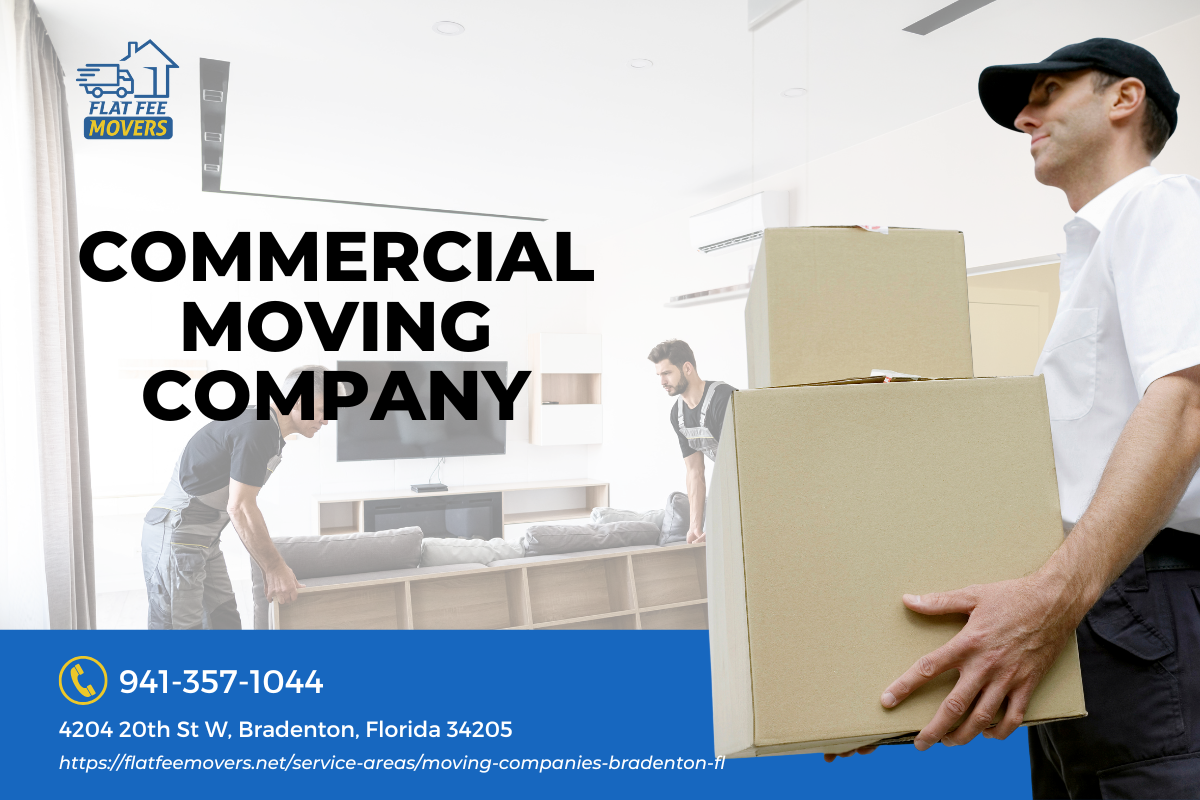
Introduction
Relocating a business is no small feat. The cost of commercial moving can vary dramatically based on several factors, and understanding what to expect is crucial for any business owner. Whether you are expanding your operations or downsizing, the logistics involved in relocating an office demands careful planning and execution. In this comprehensive guide, we will delve into the intricacies of commercial moving, shedding light on costs, services offered by commercial moving companies, and practical tips to ensure a smooth transition.
The Cost of Commercial Moving: What to Expect When You Relocate
When it comes to commercial moving, there are numerous elements that contribute to the overall expenses incurred during your relocation. From hiring professional movers to packing supplies and transportation, understanding these components can significantly aid in budgeting for your move.
Factors Influencing Commercial Moving Costs
Size of Your Business- The size of your operation significantly impacts the cost of relocation. A larger business with more offices and employees will require more resources, thus increasing overall costs.
- Local vs. long-distance moves can greatly affect pricing. Long-distance moves often incur additional charges for fuel and travel time.
- Moving during peak seasons (like summer) can lead to higher rates due to increased demand for services from commercial moving companies.
- If your business has specialized equipment, such as IT infrastructure or heavy machinery, there will be additional costs associated with their safe handling and transport.
- Opting for full-value protection insurance may increase the total cost but offers peace of mind against potential damage during transit.
- Many commercial moving companies offer packing and unpacking services, storage solutions, and even furniture assembly which can add to the overall cost.
Understanding Commercial Moving Companies
What Are Commercial Movers?
Commercial movers are specialized professionals who assist businesses in relocating their offices or facilities efficiently and safely. These companies provide tailored services based on the specific needs of a business relocation.
Why Hire Professional Office Movers?
- Expertise: Professional office movers have extensive experience managing relocations. Efficiency: They utilize industry best practices to ensure a quick turnaround. Safety: Trained movers are equipped to handle delicate equipment securely. Stress Reduction: Hiring experts alleviates some pressure off management during transitions.
Choosing Between Commercial Moving Companies
Criteria for Selecting a Reliable Company
Reputation and Reviews- Research customer testimonials online or ask for referrals from other businesses.
- Some commercial moving companies specialize in certain sectors; choose one familiar with your specific needs.
- Request detailed estimates that outline all potential costs involved without hidden fees.
- Ensure that they offer adequate insurance coverage options for your valuable assets.
- Consider whether they provide additional services like packing assistance, storage options, etc.
The Process of Office Moving
Pre-Move Planning
1. Establish a Timeline
Creating a detailed timeline is critical when planning your move; it helps keep everyone accountable while ensuring that deadlines are met smoothly.
2. Inventory Assessment
Conduct an inventory assessment prior to moving day; this helps identify what needs packing, what can be discarded, or what should be donated.
3. Budgeting
Budgeting is essential in ensuring you do not overspend; consider all aspects such as packing materials, manpower costs, transportation fees, etc.
Day-of-Move Responsibilities
On moving day:
- Ensure communication with your selected commercial movers regarding any last-minute changes. Designate someone from your team as the point person for coordination between staff and movers. Make sure all items are properly labeled for easy identification upon arrival at the new location.
Post-Move Setup
Once relocated:
Conduct an inventory check upon arrival; ensure everything arrived safely. Set up workstations as per the layout plan discussed beforehand. Address any issues immediately with the moving company if anything appears damaged or missing.Common Additional Costs Associated with Business Relocation
1. Packing Supplies
Packing materials like boxes, tape, bubble wrap, etc., can add up quickly if not budgeted correctly.
2. Temporary Storage Solutions
Sometimes businesses need temporary storage while transitioning; this incurs additional storage fees based on duration needed.
3. Utility Setup Fees
Setting up utilities at the new location may involve initial fees that could arise unexpectedly if not planned ahead.
4. Employee Relocation Costs
If you’re relocating key personnel along with their families—consider compensation packages or relocation bonuses as part of your budget plan too!
FAQs About The Cost of Commercial Moving
Q1: How much does it typically cost to hire a commercial moving company?
A: Costs vary widely based on distance and size but generally range from $1,500-$20,000+ depending on various factors including labor hours required & number of items being moved!
Q2: Is it worth hiring professional movers instead of doing it ourselves?
A: While DIY might seem cheaper initially—hiring professionals saves time & ensures safety handling for valuable equipment—often making them worth every penny!
Q3: How far in advance should I book my movers?
A: Ideally http://devinijix163.huicopper.com/commercial-movers-vs-diy-which-option-is-best-for-your-business three months before your planned move date allows ample time for scheduling & securing necessary resources effectively!
Q4: What types of insurance should I consider?
A: Businesses should opt for liability coverage & full-value protection plans which protect against loss/damage during transit!
Q5: Are there any tax deductions related to business relocations?
A: Yes! Depending on local laws—you might qualify for deductions related directly linked expenses incurred during moves—consulting with accountants recommended!
Q6: Can I get an estimate without an onsite visit from movers?
A: Yes! Many companies now provide virtual estimates using video calls—but be prepared accurate assessments may require actual walkthroughs later down line!
Conclusion
In summary, understanding “The Cost of Commercial Moving: What to Expect When You Relocate” is vital for every business owner contemplating a move. This comprehensive guide has provided insights into essential factors influencing costs while highlighting how selecting reputable commercial moving companies enhances efficiency throughout this process—from planning stages all way through post-move setup! Whether you’re considering relocating locally or across state lines—armed with knowledge herein—you’ll feel better prepared tackle challenges ahead confidently!